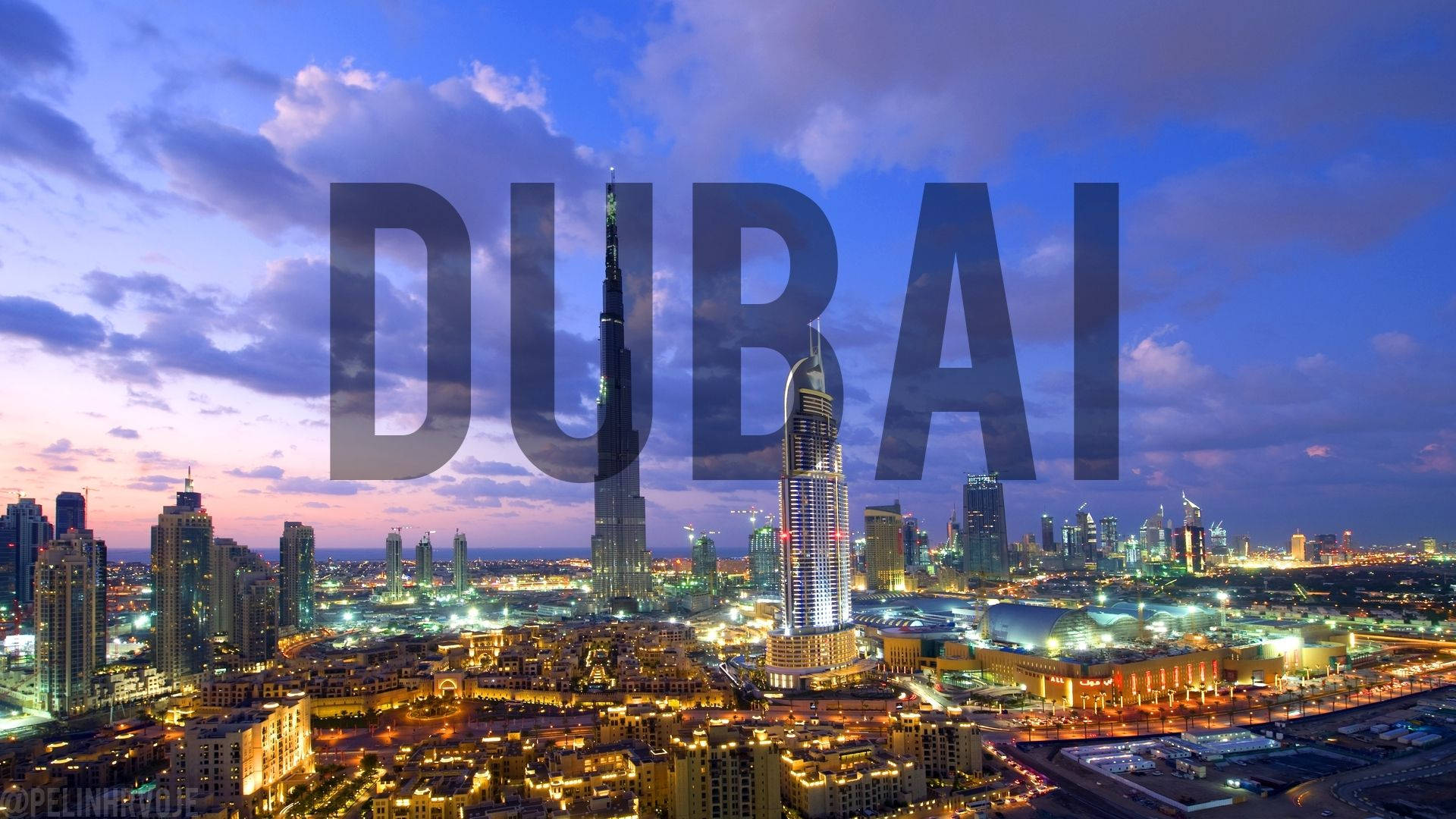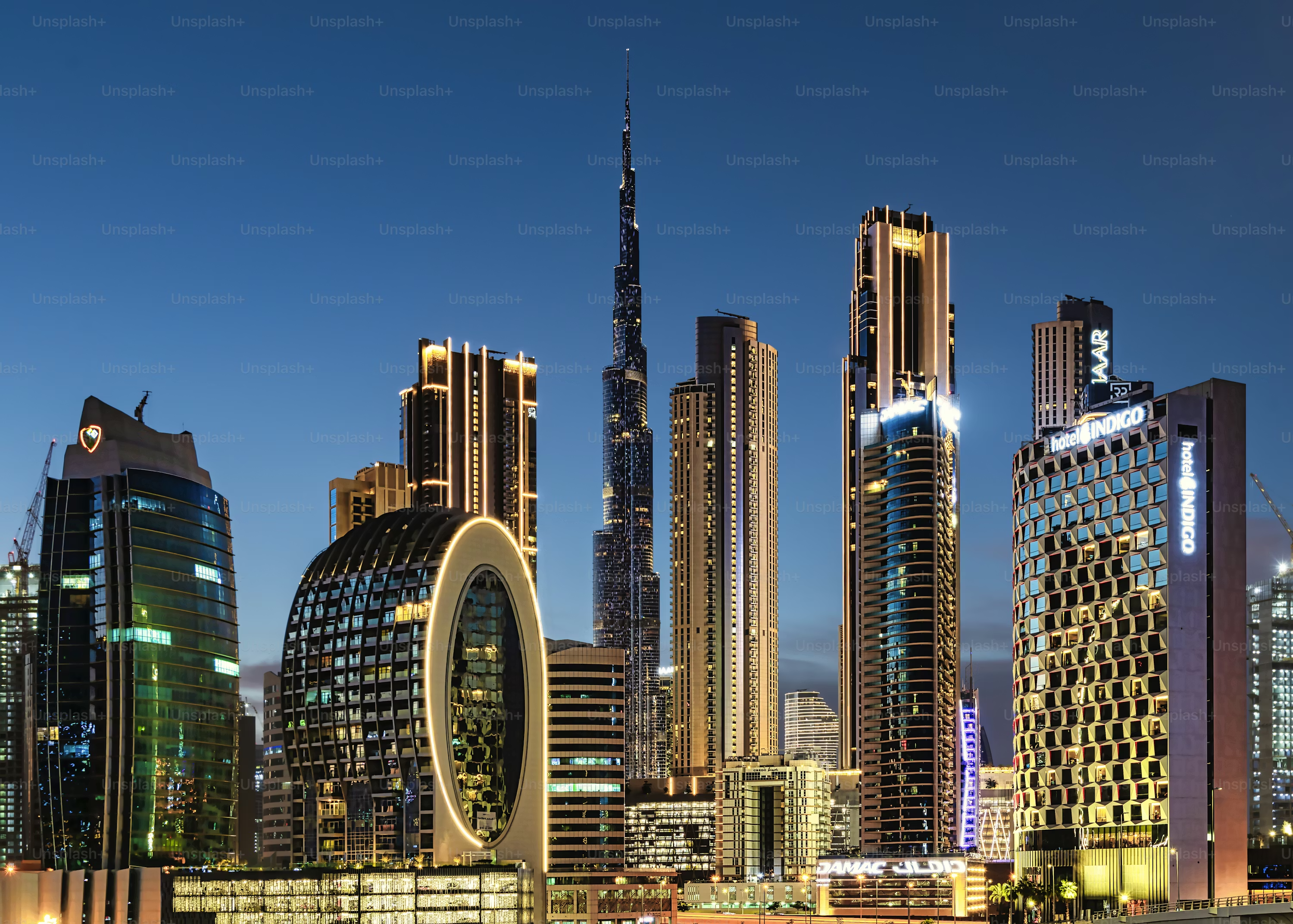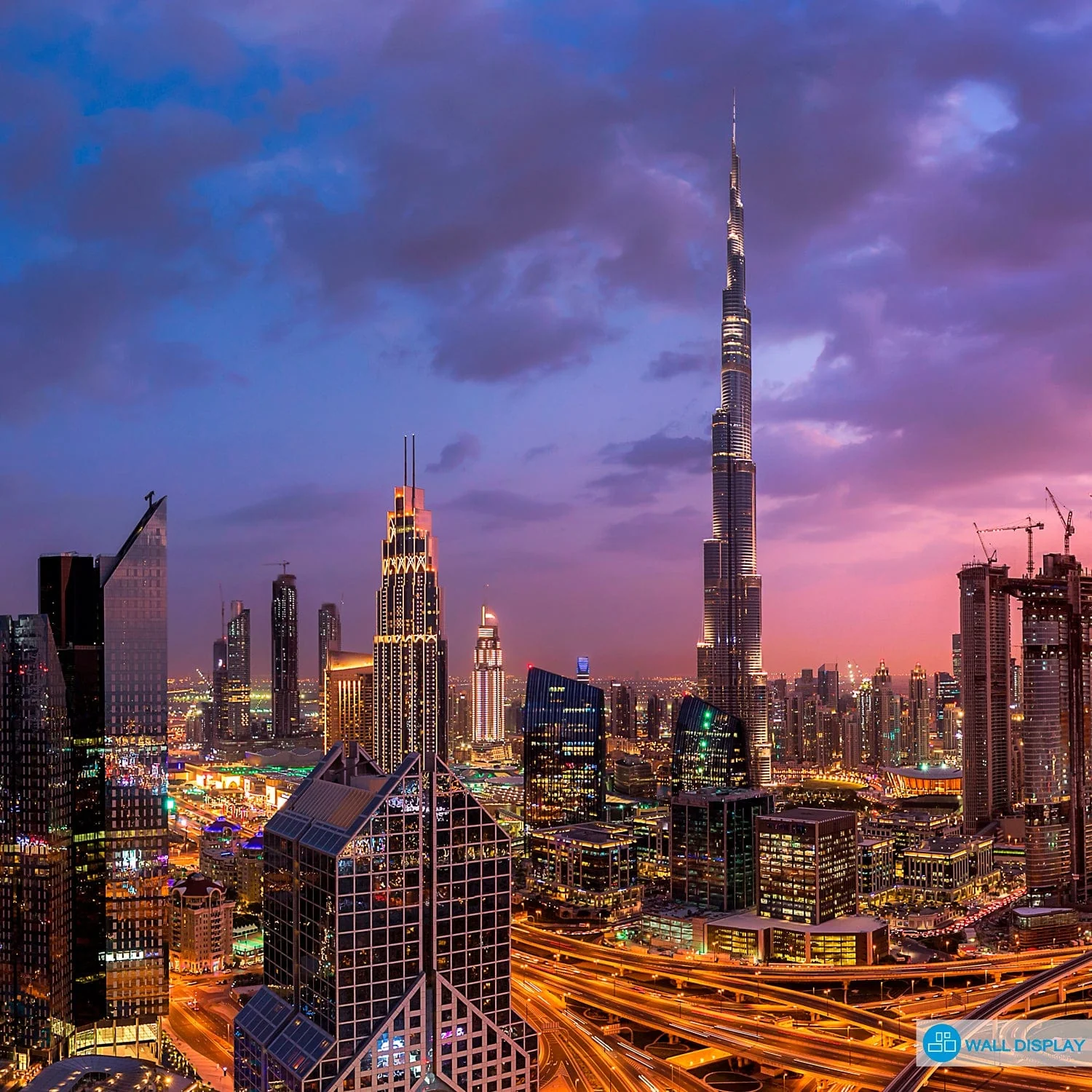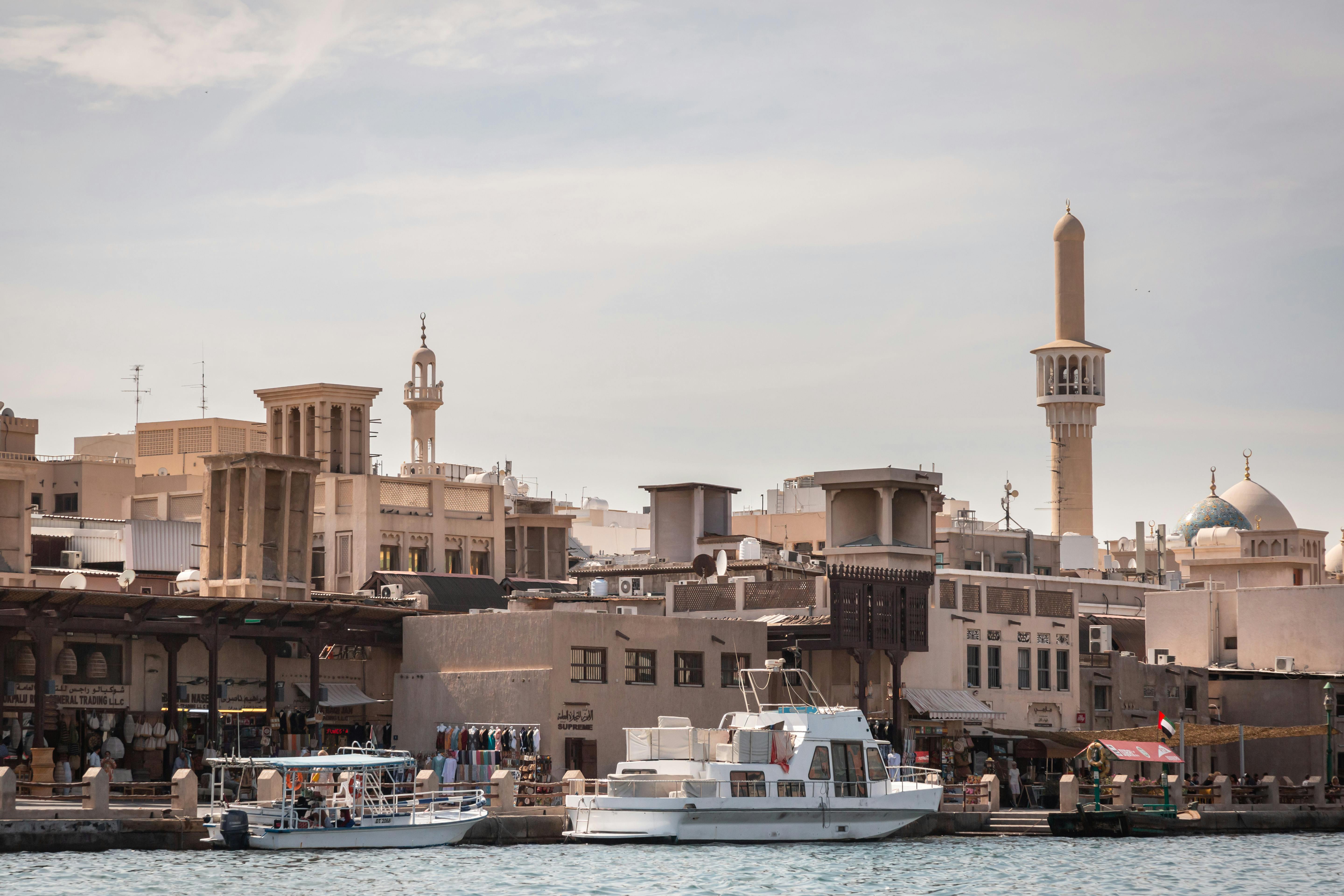
The Fire That Sparked Action
A high-rise fire that occurred in June 2025 in Dubai also left a large number of residents displaced in makeshift and overcrowded apartments without home. The units were also partitioned unlawfully to fit more tenants than the allocated space and some of the flats had up to seven people within the space that was supposed to be two. The fire was a sharp wakeup call on the myriad of risks that many low-income workers encounter in their day-to-day activities- risks that are not immediately noticeable by the rest of the city.
As a reaction, Dubai officials waged an intensive crackdown in the late of July 2025 against illegally divided apartments and demanded safer and more controlled residential housing of migrant workers.
Lives in the Shadows
The personal accounts of these statistics are devastating. Hesham is a 44-year old Egyptian salesman who rented a small converted closet in a two bedroom apartment turned into a home of nine men. Having to pay only $270 per month, Hesham lived in conditions that were surrounded with danger: pipes were exposed, electrical cables flickered as well, and partitions were very weak to provide any privacy or safety.
Ebony, a young Ghanaian worker, had gone through the same in a small plywood loft bed, where it was very difficult to stand on your feet. She, and dozens more, after the eviction campaign, was moved into single rooms, which continued to have 14 or more occupants. These new arrangements are a little safer, but they underscore the current debate over how to strike a balance between safety, space and affordability.
Legal Mandates vs Ground Realities
Employers who hire workers with a monthly salary of less than 400 dollars are supposed by law to provide them with housing. Several of the migrant workers however are hired on informal terms that do not follow these rules and leave the workers to have little safeguards by the laws. Evicted tenants have no formal avenue to follow and in most cases they lack a community network to reach or even where to seek temporary shelter.
The problem has only been worsened by the booming real estate market in Dubai. Affordable housing has become more of a rarity with average one-bedroom apartment rents now being over $1,400 per month. Low-income workers being the workforce behind the infrastructure and services of the city are frequently left with a few options but to reside in substandard and high-risk environments.
The Human Cost
These problems have been thrust into the limelight by the crackdown. Employees in the neighbourhoods such as Satwa, Rigga, Karama and Muraqqabat, which have been characterized by trading in density and affordability, are currently experiencing an increase in the financial burden. The cost of acquiring decent housing is usually four times the amount they were paying before, and this puts a tremendous burden on already constrained incomes.
Steffen Hartog, a Gulf labour expert cautions that, even though the crackdown is seen as a response to severe safety issues, it will cause an already precarious community to destabilize further. The displaced employees can be left with no viable options, and their life and survival are on the line.
Government Response and Gaps
Dubai Municipality stresses that inspections are supposed to improve the quality of life of tenants to get rid of inadequate living conditions. This is a noble move but the government has not provided the clear rehousing options to the displaced employees. Safety precautions are paramount yet without the other associated social strategies, evictions will result in the laborers being left out on the street as they keep on contributing to the development of Dubai.
Pathways to Improvement
Addressing this issue requires a multi-pronged approach:
- Affordable Housing Initiatives: Plans are underway to construct 17,000 lower-income housing units. Execution will be key to ensuring that displaced workers have access to safe, affordable homes.
- Employer Accountability: Even informal employment arrangements must comply with safe housing standards. Enforcing accountability could ensure that workers are not pushed into unsafe living conditions.
- Legal Support and Awareness: Workers must have access to information about their housing and labor rights, along with legal aid to navigate the complex regulations. This could prevent exploitation and provide a pathway to safer living arrangements.
- Community Engagement: NGOs, worker advocacy groups, and community networks can play a vital role in supporting displaced workers, helping them access resources and temporary housing while long-term solutions are implemented.
Safety vs Equity: A Delicate Balance
The issue is how to focus safety and be just. Even though they should demolish unsafe housing, the absence of affordable ones puts workers at even greater risk. In the absence of minimum wage legislation, social insurances and collective bargaining systems, workers are likely to find themselves being marginalized in the city in the quest of order and modernization.
Conclusion
The police action on insecure housing of workers is one of the most important actions that can be taken in terms of safety and regulation of the city of Dubai. Its success will however rely on the provision of complementary social measures which will offer alternative and viable, safe and affordable alternative to workers. In their absence, the spirit of order might negatively affect the plights of the very individuals who manage to design and maintain the Dubai skyline iconic scenery without necessarily having the intention of doing so.
Making decisions that would ensure the protection of the labour force and ensure lives are kept safe and the city is viewed as a modern, inclusive metropolis, a place where prosperity does not harm those who make it possible, Dubai has a chance to protect its workforce and safeguard lives while preserving the city image as a contemporary, inclusive metropolis.














Recommended for you
Dubai International Airport has Introduced Fully Biometric Passenger Jurney to Speed up Travel
Dubai Prepares for World’s Largest Green Energy Expo – 2025
Dubai’s Real Estate Market Hits New Heights
UK Travel Advisory: Dubai Safety Amid Geopolitical Tensions
New International Brands Launching in Dubai Malls 2025
Premier Inn Dubai Al Jaddaf
Skims steps into Gulf debut: Dubai is the first luxury city for Kim Kardashian's brand
RTA Launches Autonomous Water Taxi Service
Al Maktoum Airport: Dubai’s Mega Leap in Global Aviation
Sheikh Mohammed & Sheikh Mansour Unite on UAE Vision 2025